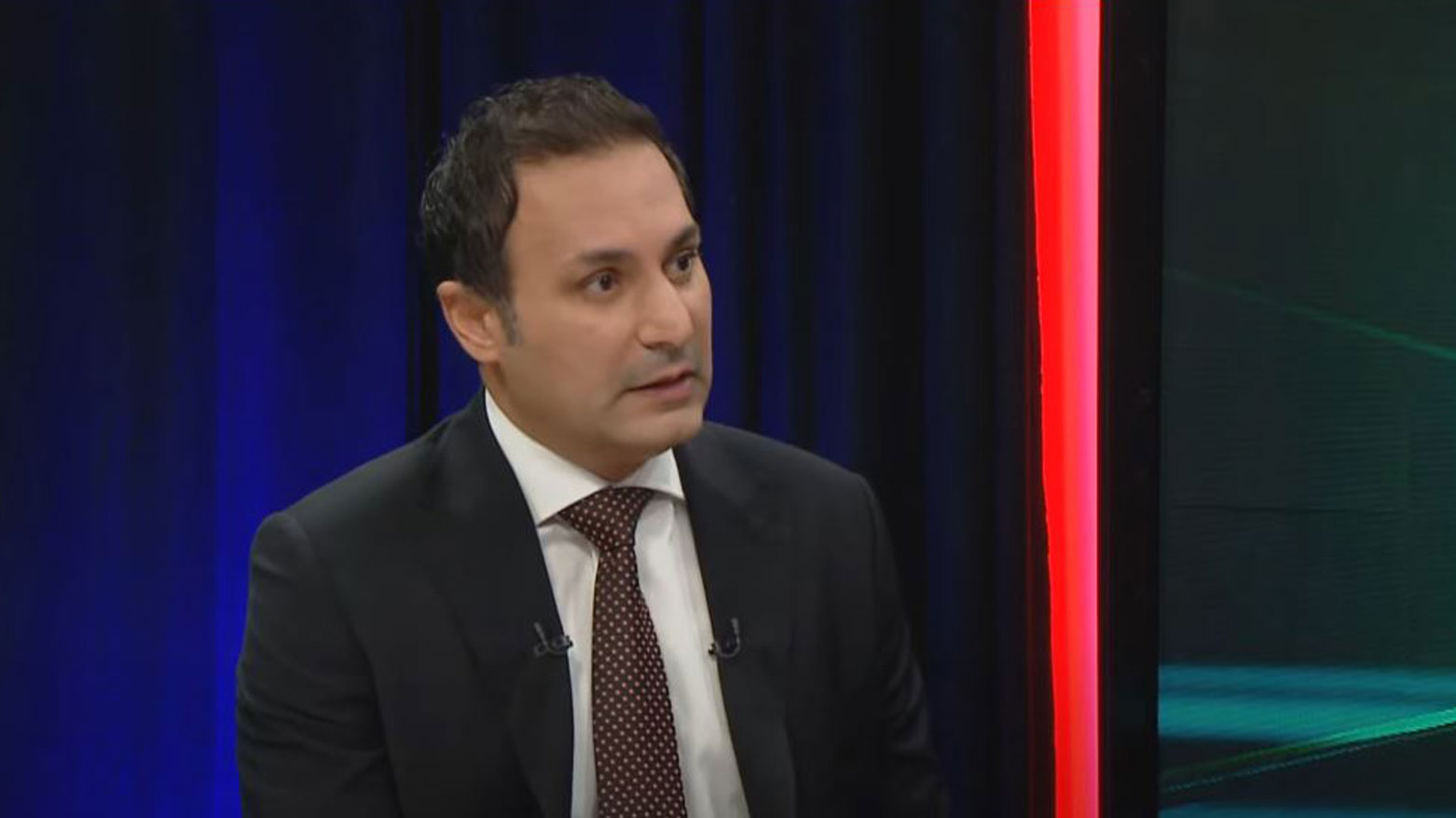Iraqi Parliament to discuss oil export law next week, Kurdish MP optimistic about Shiite support
Following recent discussions within the State Administration Coalition, Subhi expressed optimism about reaching an agreement with Shiite parties.

ERBIL (Kurdistan24)—The Iraqi Parliament is set to conduct the first and second readings of the oil export law next week, according to a member of the parliamentary oil and gas committee. The aim is to reach an agreement with Shiite parties.
In an interview with Kurdistan24 on Thursday, Sabah Subhi, a member of the Iraqi Parliament's Oil and Gas Committee, revealed that Article 12 of the 2023 Budget Law No. 13 has been the main obstacle to oil exports, particularly its second section (C), which equates production and transportation costs with those of the federal oil ministry.
"Production costs in Kurdistan's oil sector have been managed differently since 2007, based on production sharing agreements between the government and companies," Subhi explained. "However, since 2014, there have been attempts to halt Kurdistan Region's oil exports."
Regional Security Concerns:
Subhi highlighted growing concerns about the security situation in the Gulf, noting that Iraq currently exports approximately 3.5 million barrels of oil daily through Basra, accounting for 95% of Iraq's economy.
"Any disruption to these exports, valued at around $70 per barrel, would be catastrophic for Iraq," he warned.
Alternative Export Routes:
The federal government is exploring alternative export routes, including the Haditha pipeline project, with an estimated cost of $2 billion.
"There is significant pressure on the federal government to resolve this issue before winter arrives in Europe, as many countries could face energy crises," Subhi added.
Political Developments:
Following recent discussions within the State Administration Coalition, Subhi expressed optimism about reaching an agreement with Shiite parties.
"I believe Shiite parties will agree to the project with certain conditions, including modifications to provisions regarding provincial budgets, petrodollar arrangements, and strategic projects in central and southern provinces," he stated.
The Kurdistan Region's oil exports have been a contentious issue between Erbil and Baghdad since 2014, with various attempts to resolve the dispute.
The current initiative comes amid regional tensions and increasing international pressure for a stable energy supply.